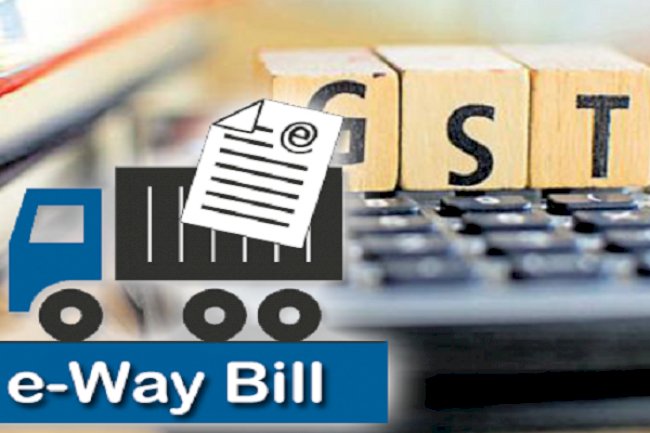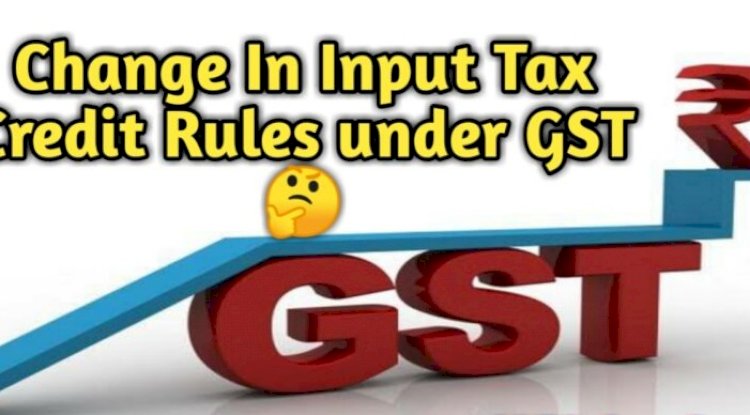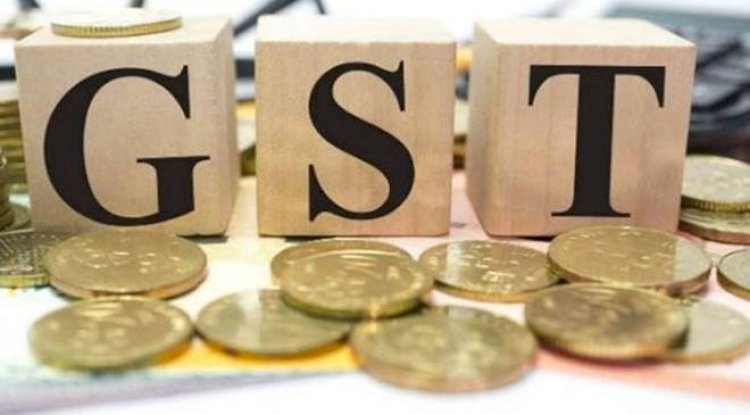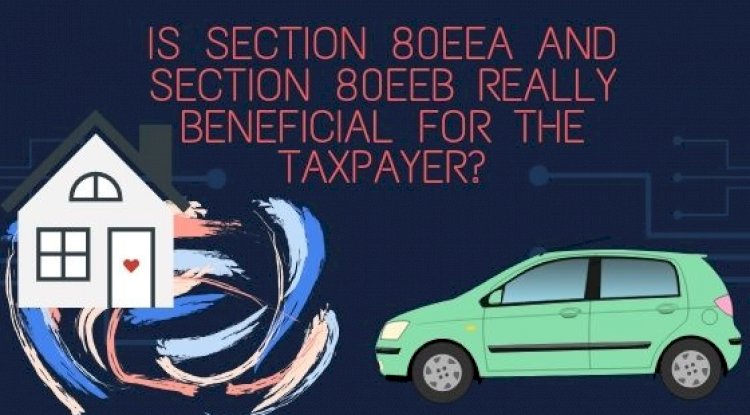SUMMONS IN GST
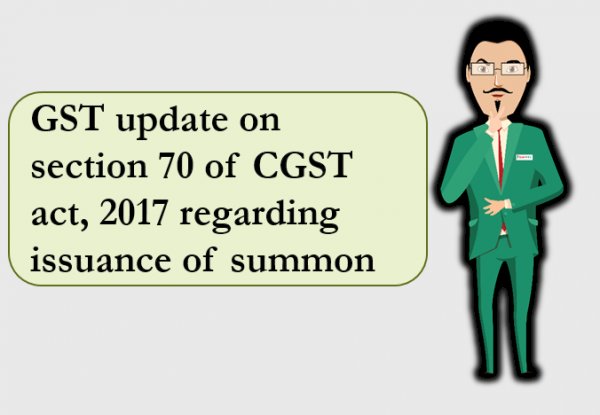
POWER TO SUMMON IN GST
Section 70 of the CGST Act, 2017 reads as under: Power to summon persons to give evidence and produce documents.
(1) The proper officer under this Act shall have power to summon any personwhose attendance he considers necessary either to give evidence or to produce a document or any other thing in any inquiryin the same manner, as provided in the case of a civil court under the provisions of the Code of Civil Procedure, 1908 (5 of 1908).
(2) Every such inquiry referred to in sub-section (1) shall be deemed to be a “judicial proceedings” within the meaning of section 193 and section 228 of the Indian Penal Code (45 of 1860).
Issue of Summons under GST
A summon means an act of ordering someone to be present. The concerned GST officers can summon any registered person to appear with some evidence or documents, as the case may be. The purpose of this article is to provide some guidelines and precautions on the issue of summons under GST.
Guidelines
- The authority shall issue the summons only as a strategy of last resort, in the case of an assessee not co-operating.
- The tone of language of the summons must not be harsh and legal which may lead to undue mental stress to the receiver.
- If a Superintendent wants to issue a summon , he must avail the prior written permission of an officer whose rank is equal to or higher than that of an Assistant Commissioner.
- Where for operational reasons, it is not possible to obtain such prior written permission, oral/telephonic permission from such officer must be obtained and the same should be reduced to writing and intimated to the officer according to such permission at the earliest opportunity.
- The officer issuing summons must either submit the recordings of the summons or record a brief of the proceedings, for submission to the officer who had authorized to issue the summons.
- Senior management officials of the likes of a CEO, CFO, or a General Manager must not be issued summons abruptly. The entity can issue the summon only on indications of their involvement in the decision-making process which led to the loss of revenue.
Precautions
- There must be a proper justification to issue the summons. The power to summon can be exercised only when there is a need for the appearance of the assessee.
- The entity shall avoid repeated summoning. The recordings of the statements made by the accused shall reflect in the least possible number of appearances.
- The candidate’s significance of time and effort must be respected and summons must be done on time, except in cases where it is a matter of strategy.
- The authority shall assess the statements by the assessee only during the office hours, however, with subject to a few exceptions.
Summons provisions- features
- The summons is a judicial proceeding, which cannot be ignored.
- Officers of the rank of Superintendent and above are empowered to issue summons.
- The summons should state the purpose of inquiry. It should not be vague.
- The person summoned has to attend and state the truth upon the matter being examined.
- The person is bound to submit all the relevant documents asked for. If not available state the reasonable time required to provide the same.
- The party summoned is to appear and the authorised representative is not permitted to appear on his behalf.
- The statement could be recorded during such enquiry done during summons.
- The statement is admissible as evidence and can be used against the person in legal proceedings.
- Statement should be voluntarily given and not under threat coercion or even worse dictation.
- The person should be summoned and statement taken during working hours. As per Board Circular No. 65/88, dated 6-9-1988 issued under CE by CBEC, persons summoned should not be interrogated at odd hours. The Board vide Circular in F. No. 208/122/89-CX. 6, dated 13-10-1989 has asked the officers to exercise restraint when summoning top management staff of Companies. Summons to managing directors, directors and senior officers must be done only when assessees are not co-operating and this facility should not be used to harass management.
Note: Considering that GST is facilitating “ease of doing business” the circular referred to above should be equally applicable in GST and officers who do not wish to follow them maybe complained against.
Other important points
- If the tax payer is not comfortable with English language, he can ask for recording in local language.
- If you want cross examination of any other person, you can ask the officer to summon and cross examine any other person.
- Do not commit for any tax payment /confessions /concessions in summons which is also against the procedure to follow of due process of law by the department.
- Tax payer should ensure that positive facts leading to concessions/immunity / exemptions should mention in the statement recorded copy
- If the concerned employee unaware of facts, he can suggest the employee who is familiar with the facts and summons will be issued accordingly
- Summons may be issued to particular person even in course of investigation launched against some other person
- During the course of summons, the tax payer’s counsel would be allowed to be present within visible distance, but beyond hearing range.
- Courts normally not to interfere at summons stage in investigation except in exceptional cases like malice, coercion, duress or undue pressure.
- Even if the tax payer files all the documents with the officer as mentioned in summons letter, the tax payer has to attend the summons.
What's Your Reaction?









